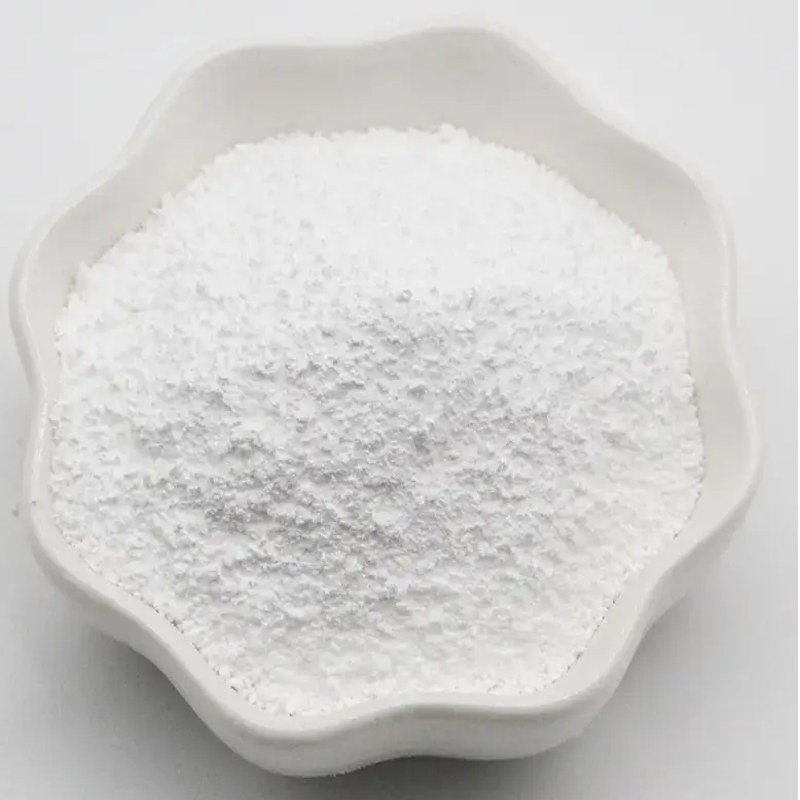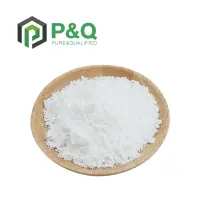-
Categories
-
Pharmaceutical Intermediates
-
Active Pharmaceutical Ingredients
-
Food Additives
- Industrial Coatings
- Agrochemicals
- Dyes and Pigments
- Surfactant
- Flavors and Fragrances
- Chemical Reagents
- Catalyst and Auxiliary
- Natural Products
- Inorganic Chemistry
-
Organic Chemistry
-
Biochemical Engineering
- Analytical Chemistry
- Cosmetic Ingredient
-
Pharmaceutical Intermediates
Promotion
ECHEMI Mall
Wholesale
Weekly Price
Exhibition
News
-
Trade Service
Varicella-zoster virus (VZV) is a human herpes virus that most people usually get infected during childhood
.
The primary infection of VZV produces chickenpox (chickenpox), which is usually a benign disease
In 1965, Hope-Simpson hypothesized that the reactivation of VZV is under immune control.
This immune control is through exposure to varicella (i.
e.
exogenous enhancement) and/or previous subclinical VZV reactivation events (i.
e.
endogenous enhancement).
) Periodically enhanced
.
The exact nature of the immune mechanism that mediates the protection of shingles remains unclear
Any increase in immunological indicators will increase the possibility that the immune system is not fully exposed to VZV, which means that exogenous enhancement is also impossible
Even in an environment where chickenpox is endemic, the proportion of adults in the general population experiencing intense and long-term exposure to chickenpox in affected families may be too small to effectively control shingles
Methods: In a large multinational clinical trial (ZOE-50, NCT01165177), we re-adjusted the use of data from placebo recipients
.
According to the characteristics of the varicella vaccination program, countries are classified as high, medium or low VZV transmission
Results: The VZV-specific humoral immunity of 17 countries (12 high circulation, 2 medium circulation, 3 low circulation) differed significantly between different countries (P<0.
0001), but it was not affected by the VZV cycle
.
There was no significant difference in VZV-specific CMI between participants from two high-circulation countries and one low-circulation country
In summary, we assessed body fluids and CMI to determine whether exposure to varicella virus is more common in countries where varicella is prevalent and where varicella is commonly vaccinated and well-controlled, but no consistent difference was found
Literature source: Carryn S, Cheuvart B, Povey M, No consistent evidence of decreased exposure to varicella-zoster virus among older adults in countries with universal varicella vaccination.
Leave a message here







